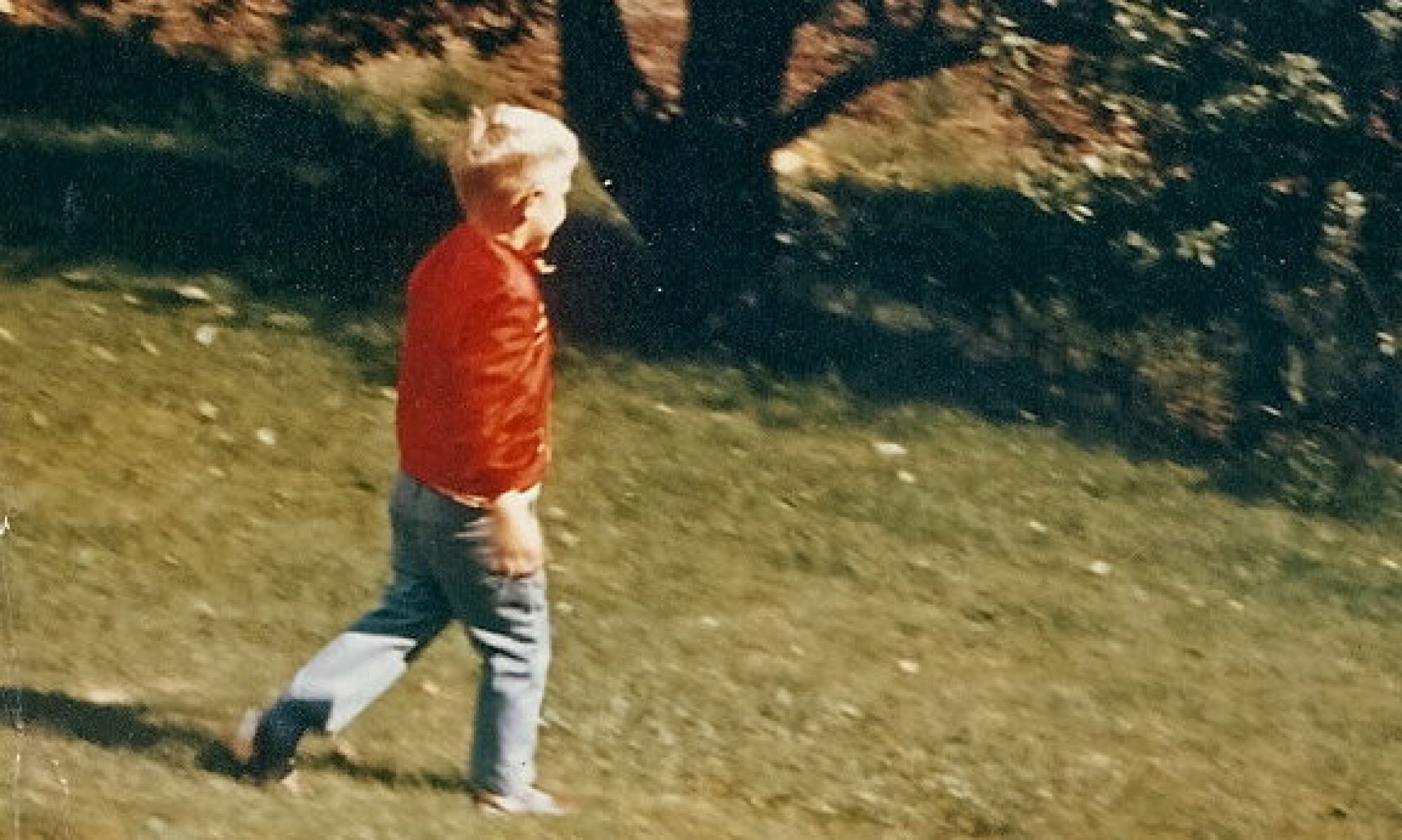Since Mondale v. Reagan, I’ve made an apple pie the night of every presidential election. It’s become a tradition. I like to do it mainly because it occupies the time while waiting for election results. It makes the house smell pretty good. And at the end, regardless of the outcome of the election, you have a piece of pie. As the years (and the presidents) have come and gone, I’ve given up on the obvious “American as” metaphor, and embraced the apple pie paradox.
Pie in general, and apple pie in particular, is both easy and hard. Anyone can make a pie. Yes, you can. It’s easy. You don’t need a fancy machine, you don’t need exotic ingredients. You need just the basic staples found in any kitchen. Flour, sugar, salt, butter, apples. There’s a bit of peeling and chopping and a bit of mixing and rolling, but it is doesn’t require an extravagant effort. In fact, you could argue it doesn’t take a lot of head space. You just sort of do what comes naturally. Do what feels good.
Over the years, I’ve learned how to finesse this process into a pretty intense affair. In fact, you could say that election night is the culmination of my entire apple pie season. I start by listening to people talk about apples. It’s crazy, I know, but if you really listen, you’ll find everyone has an opinion about apples. Everyone has a favorite. Most are mono-apple. They find one they like and stick with it. Others go by season. Some go by texture and a select few go by taste. At 50, I find myself in the taste camp. I prefer the Pink Lady for eating out of hand, or tangy/tart Granny Smiths. Neither of these apples are good for pie. Well, not solo. For my apple pie I need a mixture of all different kinds of apples. It’s like an apple melting pot.
Years ago I abandoned the arduous process of hand-peeling and slicing the apples. Here’s why: the folks who invented the apple peeler/corer/slicer knew what they were doing. You can whip through twenty pounds of apples quickly and every slice is uniform, so the apples cook at relatively the same rate. I like this idea. Individual apple slices, agreeing to some kind of uniformity for the good of the pie. In my head my apples have free will. Tonight’s pie has a mixture of Pinova, Golden Delicious, Granny Smith and Organic Crab. A mixture … all types of apples … that’s what makes the best pie. I process them the night before (a trick I learned during Clinton v. Bush ’92). I mix them with a combination of white and brown sugar and let them sit overnight on a counter in a big-ass bowl. I like that they get to know each other during this process. Their juices meld. Out of many, they become one.
I made the pastry dough this morning. Every time I make pie dough, I think of my mother, who told me “Learn how to make pie dough. You’ll always have something to talk about with strangers.” Probably the smartest advice she ever gave me. Like apples, every person who bakes has an opinion about pie dough. I tend toward the flakey. That takes flour; butter and shortening; water and vodka; salt and sugar. (That’s right, I said vodka.) There’s also a bit of diplomacy involved to get it right. Finesse. Agreement. It’s a process of making something unruly behave. For obvious reasons, it’s best to combine the ingredients in the morning and let them chill out. These are opposing forces, after all. Flour does not naturally get along with butter, and water does not naturally get along with oil. All the players in the pie require some rigor followed by some rest. It’s the natural order of things, frankly.
I wait until 5:00 p.m. PDT to assemble and bake. That way, as each state reports their results, the pie is finishing in the oven. Like the process of creating the pie itself, over the years this has taken a turn toward the methodical and ritualistic. Roll the bottom crust. Chill the crust in the pie pan. Strain the apples. Mix the juice from the apples with just the right amount of flour. Fill the pie, roll the top crust. Chill the top crust. Preheat the oven. Top the pie. Beautify the pie. Bake the pie. And wait.
The waiting is the hardest part. You never know. You just never know what you’re going to get. (I learned that the hard way … Bush v. Gore.) The easy part, and often the best part (lately) has been the pie.
